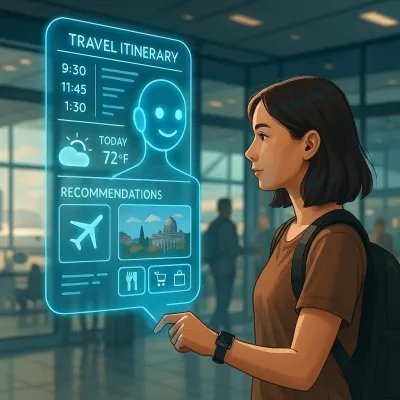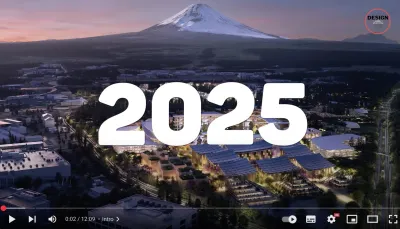Generative AI
Experiential Entertainment
Spotlight on 2025: Trends Shaping the Future of Entertainment and Tourism

Generative AI
Experiential Entertainment
1. Experiential Entertainment Takes Center Stage
In 2025, experiential entertainment is set to revolutionize the industry. Consumers are increasingly seeking immersive and interactive experiences that bring their favorite stories and characters to life. This trend is driving investments in theme parks, branded entertainment districts, cruises, casinos, and live performances. For tourism, this means more destinations will offer unique, story-driven attractions that enhance visitor engagement and satisfaction.
2. AI and Generative AI Go Mainstream
Artificial intelligence (AI) and generative AI are becoming integral to the media and entertainment landscape. These technologies are enhancing personalized experiences and real-time recommendations, making content consumption more engaging and tailored to individual preferences. For the tourism sector, AI can optimize travel planning, provide personalized itineraries, and improve customer service, creating a seamless and enjoyable travel experience.
3. Streaming Profitability and Direct-to-Consumer Models
The streaming market continues to mature, with companies exploring new business models to sustain profitability. Direct-to-consumer (DTC) models are gaining traction, offering more personalized and flexible content delivery. This shift is influencing tourism as well, with travel companies adopting DTC strategies to offer customized travel packages and experiences directly to consumers.
4. The Rise of Location-Based Entertainment
Location-based entertainment is becoming a significant revenue driver. By leveraging intellectual property (IP) and creating in-person experiences, companies can generate high margins with minimal capital investment. This trend is particularly beneficial for the tourism industry, as it encourages the development of new attractions and enhances the appeal of existing destinations.
5. Business Model Innovation and Advertising Growth
Innovation in business models is crucial for staying competitive in the dynamic media and entertainment industry. Advertising is expected to become a core strategy, even for companies that previously avoided ad-based revenue models. For tourism, this means more targeted and effective marketing campaigns that can attract niche audiences and drive growth.
6. Micro-Moments and Niche Audiences
Brands are recognizing the value of engaging smaller, niche communities through "micro-moments"—brief interactions with highly personalized content that resonates deeply with specific audiences. This trend allows companies to monetize audience insights and drive revenue by upselling content or related services. For tourism, this means creating tailored experiences that cater to specific interests and preferences, enhancing visitor satisfaction and loyalty.
7. Gaming's Accelerating Growth
Gaming is one of the fastest-growing sectors in the media and entertainment industry, driven by its global appeal. With revenue projected to surpass $300 billion by 2028, gaming offers significant opportunities for tourism as well. Destinations can capitalize on this trend by developing gaming-themed attractions and events, attracting a diverse and engaged audience.
8. Cautious Adoption of Generative AI
While AI is being integrated into content creation and advertising tools, big TV and film studios are proceeding cautiously with its adoption. This cautious approach is due to the newness and potential risks associated with AI tools. For tourism, this means leveraging AI to enhance operational efficiency and customer experience while being mindful of potential challenges.
The convergence of entertainment and tourism is creating exciting opportunities for both industries. By embracing these trends, companies can enhance their offerings, attract more visitors, and drive sustainable growth. Stay tuned for more updates and insights in our next edition!
Sources:
- EY - Five media and entertainment trends to watch in 2025: The Future of Commerce - Media and entertainment trends 2025;
- The Future of Commerce - Media and entertainment trends 2025: Big pivots, new tech propel the industry forward



